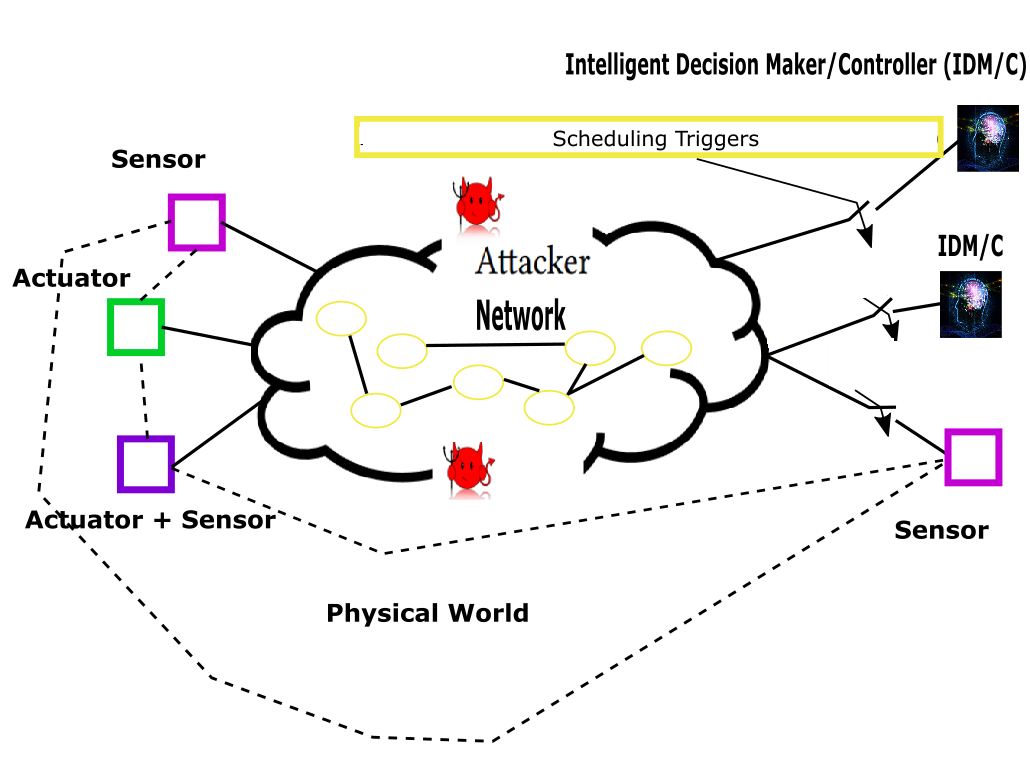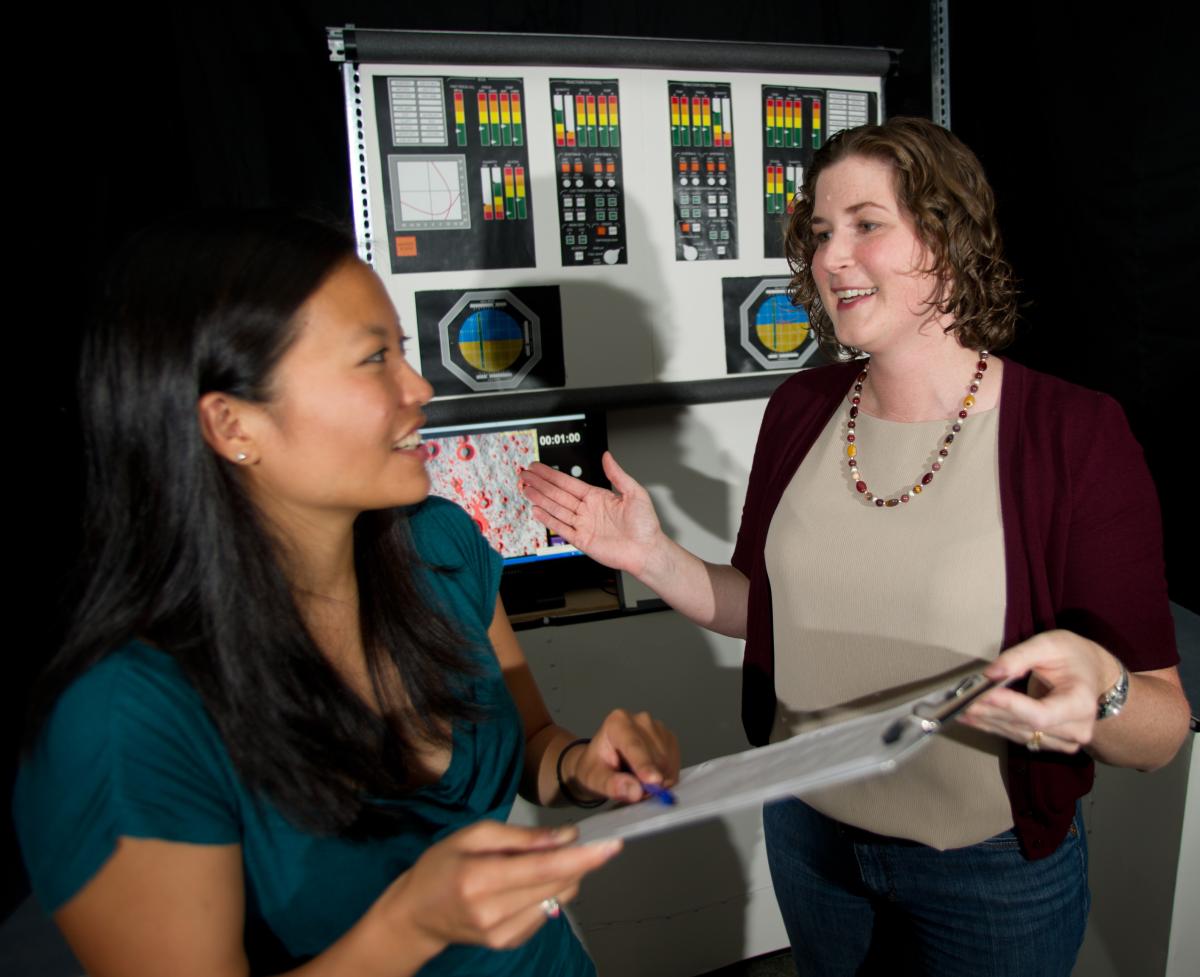
Interconnected computational subsystems that control physical devices interacting with the operating environment, make up a class of platforms called cyber-physical systems (CPS). Implementing decision making mechanisms aided by artificial intelligence (AI) constitutes a significant research endeavor that aims to render CPS autonomous. Various military and civilian domains, such as aerospace, healthcare, transportation systems, network security, human/robot interaction, and the Internet, find applications for CPS. Subsequently, safety and efficiency concerns in the realm of CPS arise due to their exposure to the human environment in all of its complexities. A major challenge that the AI industry faces today deals with the integration and adaptation of the "closed-world'' laboratory solutions into a more volatile and unpredictable "open-world.''
The Daniel Guggenheim School supports the Multidisciplinary Research Area of cyber-physical systems (CPS) - the interacting digital, analog, physical, and human components engineered for function through integrated physics and logic.
There has been an increasing demand for secure methods that can guarantee the integrity, safety, and normal operation of CPS, especially through attack detection and mitigation. Faculty research in this area focuses on a number of different applications, including the development of novel frameworks that will allow fully autonomous operation in the face of unknown, bandwidth restricted, and adversarial environments.
Incorporating intelligence in CPS makes the physical components more exposed to adversaries that can potentially cause failure or malfunction. Examples include the German steel mill attack, where the plant network of a steel facility was hacked and physically damaged, the 2015 Ukrainian blackout, where malicious actors managed to temporarily halt the supply of electricity from a few energy companies, and the Saudi Aramco incident where a virus caused disruption to the operation of an oil producer.
